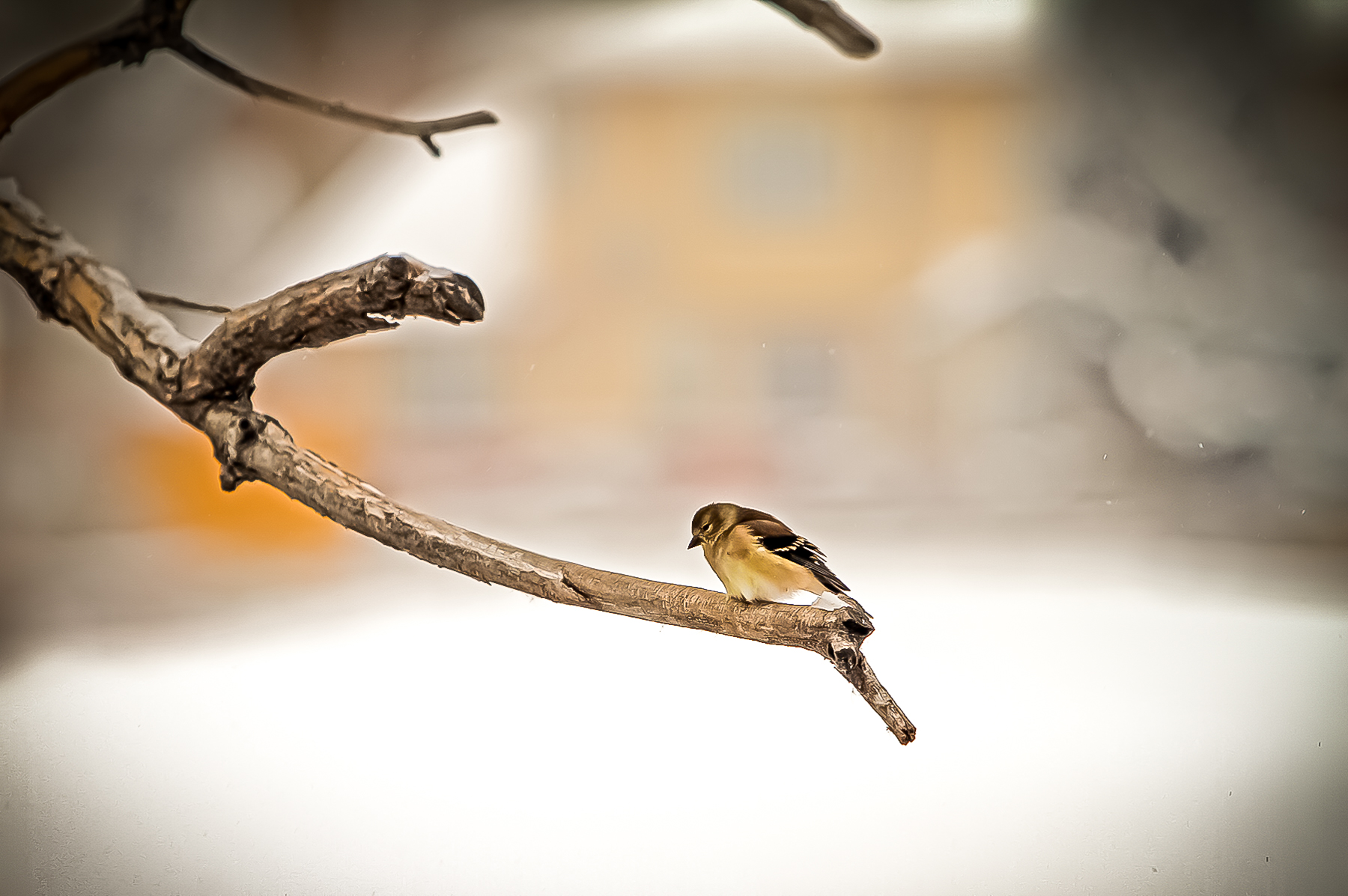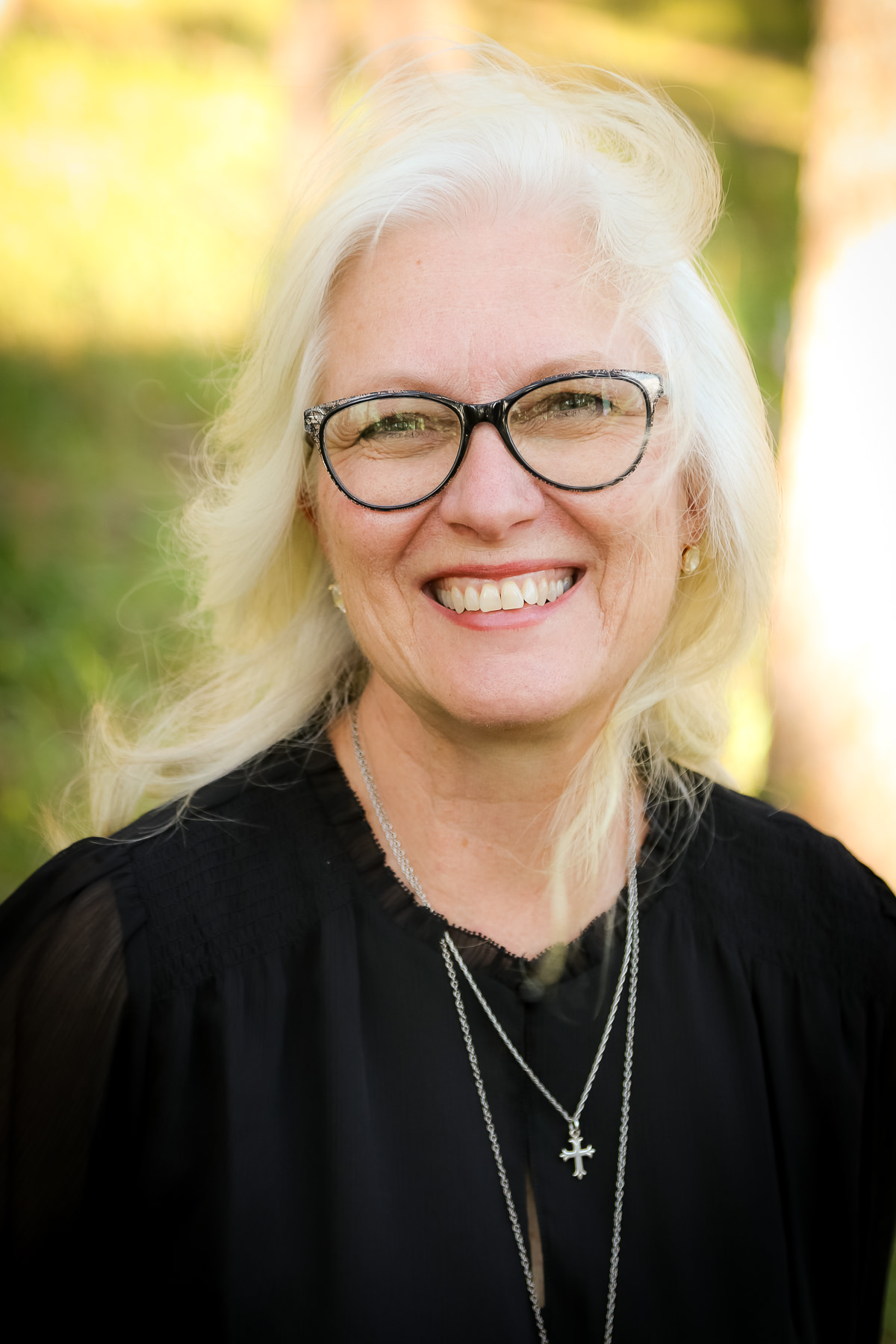Why are we encouraged to sing Psalms, hymns and spiritual songs to one another and to ourselves? In this column, Cultivating Songs of Faith, we explore that question by looking at a particular song of faith each season, offering the story of its creation from the life of its author or composer. What you read here is a reflection based on the hymn rather than a formal academic history. I hope to help you to taste, see, and rediscover what is good in great hymns, and to enter into the conversation they have with Psalms and newly created songs.
![]()
“Let not your heart be troubled,”
His tender word I hear,
And resting on his goodness,
I lose my doubts and fears….
I have always been drawn to music. As long as I can remember, the soft singing of a violin has communicated to my heart a depth of emotion that words alone cannot. However, when words and music are combined, when the lyrics of a song deftly intertwine with the shape of its beautiful melody, this is a match made in heaven, a thing to treasure. The marriage of text and tune can carry the truth of a song into my soul and help it find a home there.
For me, this is especially true of hymns that express the longing of my heart to know and draw close to my Creator. Such a hymn entreats me to believe and remember; it has the power to shape and form my soul. Singing a hymn like this, together in the company of friends, brings me hope.
One of the most challenging things to our life of faith is hoping for the things we cannot see. None of us can see this God that we believe exists. How do we know that God cares about us, that He sees us, or even that He is here at all? Perhaps you have never struggled with thoughts like these, but I have.
I remember living through a few particularly difficult years when I was a young mother, overwhelmed with the relentlessness of daily tasks and financial stress. I felt weary and lonely. It seemed there was no one available to talk to, and I imagined God as far away. I felt that the burden I was carrying would never lift, as if a weight was pressing down on my heart, pushing the air out of my lungs. I look back on these years now as a time of searching for God, crying out for Him to show Himself to me, asking Him to give me some tangible indication that He actually cared. That was the question that pressed upon my mind during the long days and kept me awake at night: Does He care?
The thing I was reaching for, longing for, was hope—hope that would give me something to hold on to and encourage my heart in the darkness.
A woman living in a different time, more than a century before me, had an experience of finding hope in an unlikely place. Civilla D. Martin returned many times to the home of Mrs. Doolittle (we don’t even know her first name), a friend who had been bedridden for over 20 years. Not only that: Mrs. Doolittle’s husband had been stricken with a disease that left him crippled and confined to a wheelchair. And yet to Martin, the Doolittles seemed happy, even joyful.
One day she finally had the courage to ask, “What is it that gives you such hope? Forgive me for asking, but it surprises me. I would expect to find you discouraged and weary with your troubles.”
Mrs. Doolittle answered, “His eye is on the sparrow, and I know He watches me.”
In response to her encounter with the Doolittles, Martin drafted lyrics that would become a beautiful hymn–one that has remained beloved to this day.
Why should I feel discouraged,
Why should the shadows come,
Why should my heart be lonely,
And long for heav’n and home;
When Jesus is my portion?
My constant Friend is he;
His eye is on the sparrow,
And I know he watches me;
His eye is on the sparrow,
And I know he watches me.
These lyrics are a poignant combination of a vulnerable and honest confession of longing, paired with a decisive claim of a reality that cannot be seen or proven empirically. This hymn has captured the hearts of folks who have walked through their own stories of longing, disappointment, and even despair. Perhaps then it’s no surprise that His Eye Is On The Sparrow became a staple of African American gospel music, and that it was the recording of this song by Mahalia Jackson that inducted her into the Grammy Hall of Fame in 2010, over a century after the hymn was written. [1] A pair of gospel singers, Lauryn Hill and Tanya Blount, made a recording of the song that is one of this Cultivator’s favorites. [2]
The lyrics are inspired by the words of Jesus recorded in the book of Matthew:
What is the price of two sparrows—one copper coin? But not a single sparrow can fall to the ground without your Father knowing it. And the very hairs on your head are all numbered. So don’t be afraid; you are more valuable to God than a whole flock of sparrows. (Matthew 10:29-31, NLT)
Why did Jesus choose the sparrow to illustrate God’s care and protection over us? The house sparrow is small enough to hold in your hand, weighing only about one ounce. They are unpretentious birds, and common—you’ll find them everywhere in North America. You may have a pair in your yard, building their nest in the eaves of your house or the crook of a tree branch. A baby sparrow spends about 10 days in a tiny egg, then 14 days in the nest, and its full life span lasts only about three years.
Just last week I saw three tiny sparrows inside the atrium at the Houston airport, fluttering about the window and hopping down to peck at crumbs on the carpet. What kind of God knows each of these tiny creatures, is watching them, and is aware when one falls to the ground? The kind of God that Jesus described as your Heavenly Father. The Father who counts the hairs on my head and holds me in His hand.
The writer of His Eye Is On The Sparrow says in the refrain, “I sing because I’m happy, I sing because I’m free. His eye is on the sparrow, and I know he watches me.” The tune contains a leap from a high note to a low note in the melody that mirrors the leap of faith that is expressed in the words. And yes, it is a leap, a leap into the arms of a God that we cannot see, but we believe is there, and is ready to catch us.
Perhaps the hymn is asking this question:
Would the knowledge that your Heavenly Father is truly watching you—that he knows everything you need and has already provided it—give you hope? Would it set you free to be who you were meant to be? To sing and be happy?
I don’t know much of Civilla Martin’s story, or if she was speaking from her own experience of discouragement in writing this text. But, her mention of the “shadows” speaks directly to my heart. It’s in the shadows that we all long to feel some tangible sense of God’s presence. God’s presence can give us a hope that shines brighter than the darkness we face. My experience of the “shadows” drove me deeper towards God, and it was the time spent searching during those years that pushed me to grow in a way that I don’t think I would have otherwise.
I came to know that He was indeed listening, that I could go to Him when I needed help and encouragement. It was in the place of shadows that I found that He was the answer to my questions. Not that He provided me with all the answers, but that He provided Himself.
My Father is watching over me, and you too, just as He is watching the sparrow.
One of my friends here at Cultivating has written a new song called Sparrow. It’s a lovely expression of the hope and freedom we have when we live into the truth that God is watching over us, and I think it’s a sweet companion to this hymn. You can find Carolyn Broughton, this song, and more of her music here: https://carolynbroughton.com/music.
![]()
[1] Mahalia Jackson sings His Eye Is On The Sparrow – https://www.youtube.com/watch?v=eM_JRAPSwVM
[2] Lauryn Hill and Tanya Blount sing His Eye Is On The Sparrow — https://www.youtube.com/watch?v=k7Pk5YMkEcg
The featured image, “Resolute Sparrow 1,” is courtesy of Lancia E. Smith and is used with her glad permission for Cultivating.
Terri Moon is a musician and a lover of Jesus. She delights in playing the music of Bach, growing English roses, baking up a good batch of scones, and all good, true, and beautiful things that point to Him. She has found that the most fulfilling adventures come through collaborating with others, and to that end she and her husband Steve (also a member of The Cultivating Project) serve gladly in their church and also on the leadership team of the Anselm Society. Together they raised four children and are now proud grandparents. Hosting friends in their Colorado home is one of their favorite joint adventures.
Terri holds a master’s degree in violin performance, and has collaborated in many concerts and taught students of all ages for 40 years. Her lifelong passion is the intersection of music, worship, and spiritual formation, and she longs to bring to life the beauty of the Church’s heritage in the arts. Terri currently serves as the Music Director of Holy Trinity Anglican Church in Colorado Springs.
Leave a Reply
A Field Guide to Cultivating ~ Essentials to Cultivating a Whole Life, Rooted in Christ, and Flourishing in Fellowship
Enjoy our gift to you as our Welcome to Cultivating! Discover the purpose of The Cultivating Project, and how you might find a "What, you too?" experience here with this fellowship of makers!


So thankful for your words and this song. I heard and incredible black soloist sing it as a little girl when my mother took me across town to hear her sing. The depth of the melody has been ringing in my soul ever since. Wish I could share here the photo of those little birds all fluffed up in the below zero temperatures recently, so happy to be in the warmth of the bush by our big old window letting out so much heat.